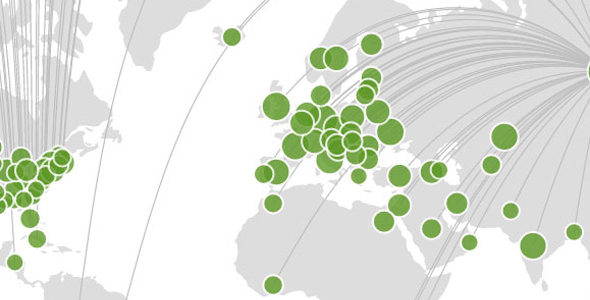After a long wait over the summer HEFCE have now published the initial decisions on the Research Excellence Framework 2021. A summary of the main decisions can be found below.
It’s also worth noting that they are now inviting applications for the sub-panel chairs; to apply see Annex B of the initial decisions on the REF document. The deadline for applications is 11 October 2017.
Main decisions
General:
The assessment outcomes will be the product of expert review, informed by indicators where appropriate. Profile weightings will be as follows;
- Outputs 60%
- Impact 25%
- Environment 15%
Unit of Assessment Structure:
Several UoAs have been revised;
- There will be a single UoA for engineering, with a formalised sub-group structure
- UoA 17 will be restructured as follows: UoA 14 Geography and Environmental studies and UoA 15 Archaeology
- Film and Screen studies will be located in UoA 33 (currently 35) Music, Drama, Dance, Performing Arts and Screen Studies
Institutional level assessment
- There will be no institutional level impact case studies though HEFCE will run a pilot which will affect future exercises.
- There will be no institutional level Environment statement. Institutional level information will be included in the UoA-level environment template.
Interdisciplinary research
- Each sub-panel will have at least one member appointed to oversee the assessment of interdisciplinary research
- To enable better identification of interdisciplinary research an ‘interdisciplinary identifier’ for outputs will be included, with a clear definition and guidance for its use.
Environment:
- The environment template will be more structured and use more quantitative data.
- There will be a “discrete” section of the environment template devoted to interdisciplinary research.
- There will be no impact template but it will be an “explicit section in the environment element”
- The revised template will include a section on ‘open research’, detailing the approach to open access and open data
Impact
- There will be an alignment of the definitions for impact so that Research Council definitions of ‘academic impact’ and ‘wider impact’ align with the purposes of the REF.
- There will be additional guidance on the criteria of ‘reach and significance’ and impacts arising from public engagement.
- Impact on teaching will include teaching within the university as well as beyond; additional guidance to follow
- Impact will stay with the institution where the research was conducted
- Underpinning research will remain at 2*
- The period for underpinning research will be 1 January 2000- 31 December 2020
- Impact can occur from 1 August 2013 to 31 July 2020
- Case studies can be a continuation of a 2014 Case study but they will need to provide evidence of additional impact.
- A similar number of case studies to 2014 will be required.
There is also a consultation open requesting views (PDF) on questions on staff and output portability. The University will respond to this; if you have any views to inform this response please do contact Katy McKen.
Respond



